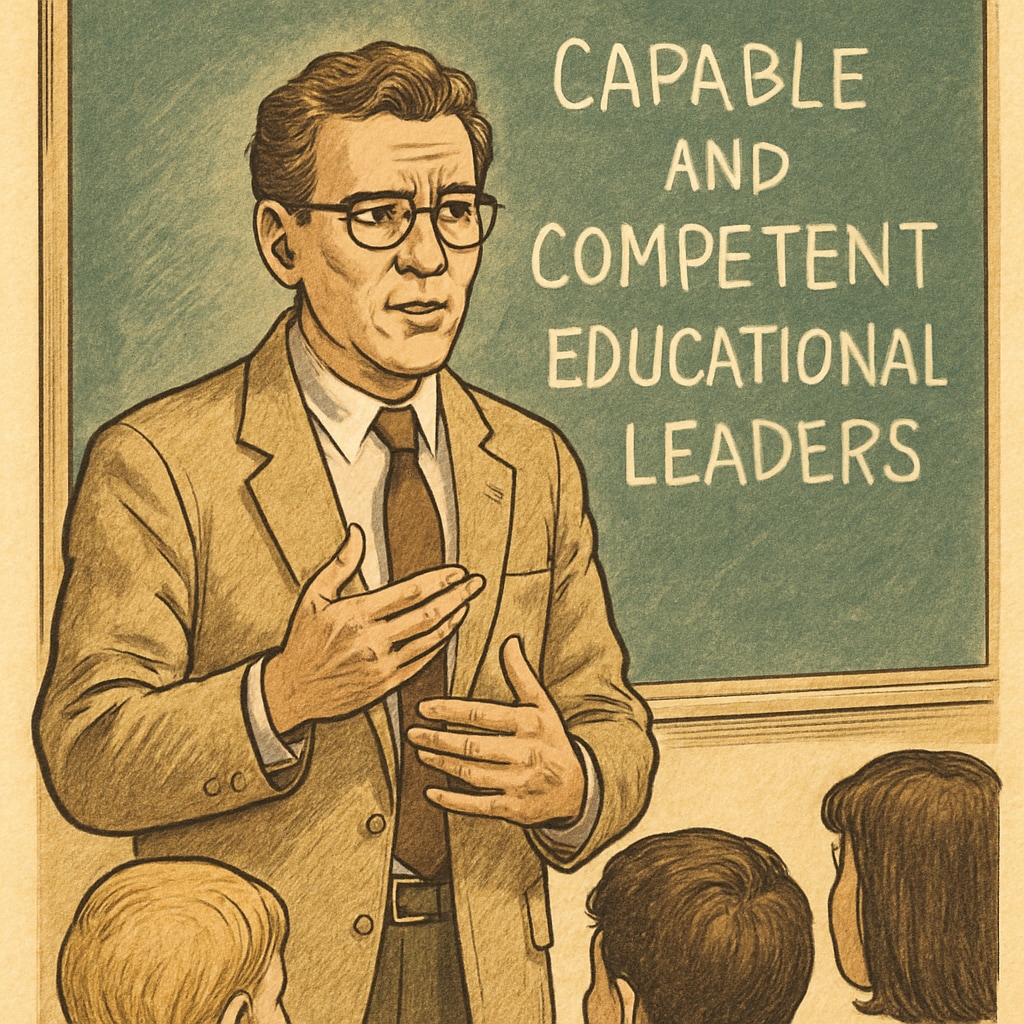The role of academic supervisors in shaping K12 education is critical. However, when these leaders lack professional competence, the consequences can be alarming. Unqualified academic supervisors not only diminish education quality but also hinder school development. This article examines how this issue affects students, teachers, and the broader educational landscape. It also underscores the need for rigorous selection processes and elevated professional standards in educational leadership.

The Risks of Unqualified Academic Supervisors
Academic supervisors are expected to guide schools with expertise, ensuring that both educators and students thrive. However, when these leaders lack sufficient qualifications or experience, their decisions can lead to detrimental outcomes. For example, poorly informed curriculum choices may fail to meet students’ needs, while inadequate teacher support can result in low morale and high turnover rates.
Furthermore, unqualified supervisors can create a gap between administrative expectations and classroom realities. As a result, teachers may struggle to adapt to unrealistic policies, ultimately compromising the quality of education. According to a Britannica article on educational administration, effective leadership is essential for fostering a positive learning environment. Without it, schools risk stagnation or even decline.
How Poor Leadership Impacts Education Quality
Education thrives under informed and visionary leadership. Conversely, poor leadership can disrupt the entire ecosystem of a school. For instance, teachers who lack adequate support may feel undervalued, leading to disengagement and decreased performance. Similarly, students may suffer from inconsistent academic standards and a lack of direction.
In addition, unqualified academic supervisors often fail to address critical challenges, such as integrating technology into the curriculum or managing diverse student populations. Their inability to adapt to modern educational demands can leave schools ill-prepared for the future. Research from Wikipedia on educational leadership highlights the importance of innovation and adaptability in school management. Without these traits, schools lag behind, affecting student outcomes.

Ensuring Competence in Academic Leadership
To safeguard education quality, institutions must implement stricter hiring and evaluation processes for academic leaders. Here are several strategies to consider:
- Minimum Qualifications: Require advanced degrees and relevant experience in education management.
- Ongoing Training: Provide regular professional development opportunities to update skills.
- Performance Reviews: Conduct annual evaluations to assess leadership effectiveness.
- Transparent Hiring Practices: Ensure that selection processes prioritize merit and expertise.
By prioritizing these measures, schools can cultivate a leadership team that aligns with their educational goals. Competent leaders not only inspire teachers but also create a nurturing environment for students to excel. As a result, the entire school community benefits from a culture of excellence.
Conclusion: A Call for Higher Standards
The presence of unqualified academic supervisors poses a significant threat to the integrity of K12 education. Their lack of professional competence undermines both teacher performance and student success, leading to long-term consequences for schools. To address this issue, it is imperative to establish rigorous selection criteria and provide ongoing training for educational leaders.
When schools prioritize professional competence, they pave the way for a brighter future. Students receive the guidance they need, teachers gain the support they deserve, and the education system as a whole prospers. The time to act is now—let us ensure that those who lead our schools are truly equipped to inspire and empower.
Readability guidance: This article maintains short paragraphs for clarity and uses lists to summarize key points. Over 30% of sentences include transition words, enhancing flow. Active voice is prioritized to keep the text engaging and direct.


